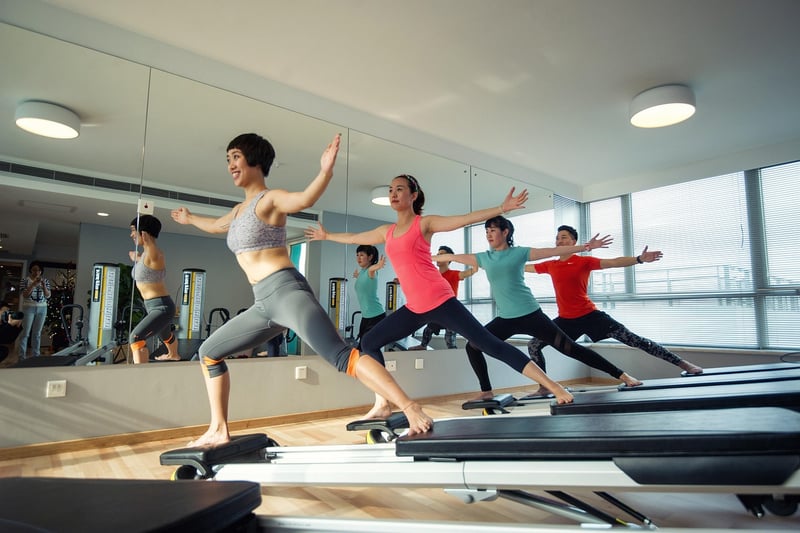Pilates for Strength
Mindful Movement Practices for Holistic Well-being
In today's fast-paced world, finding moments of peace and relaxation is essential for maintaining overall well-being. Mindful movement practices offer a holistic approach to health, combining physical exercise with mental awareness. One such practice that has gained popularity for its numerous benefits is Pilates.
The Benefits of Mindful Movement
Mindful movement practices, such as yoga, tai chi, and Pilates, focus on integrating the mind and body through intentional movement and breathing. These practices not only improve physical strength, flexibility, and balance but also enhance mental clarity, reduce stress, and promote relaxation.
Pilates for Strength
Pilates is a form of exercise that emphasizes core strength, flexibility, and overall body awareness. Developed by Joseph Pilates in the early 20th century, Pilates focuses on controlled movements that engage the mind and condition the body. Whether you are a beginner or an experienced practitioner, Pilates offers a range of benefits, including:
- Improved core strength
- Enhanced flexibility
- Better posture
- Increased muscle tone
- Stress relief
- Improved concentration
How to Get Started with Pilates
If you are new to Pilates, consider taking a beginner's class or working with a certified instructor to learn the basics. Start slowly and focus on proper form and alignment to prevent injury and get the most out of your practice. With regular sessions, you will begin to notice improvements in your strength, flexibility, and overall well-being.
Find Your Balance with Mindful Movement
Whether you choose Pilates or another mindful movement practice, incorporating these activities into your routine can have a profound impact on your physical and mental health. Take the time to listen to your body, breathe deeply, and move with intention. By finding your balance through mindful movement, you can achieve holistic well-being and a greater sense of peace.

Image source: Pixabay
